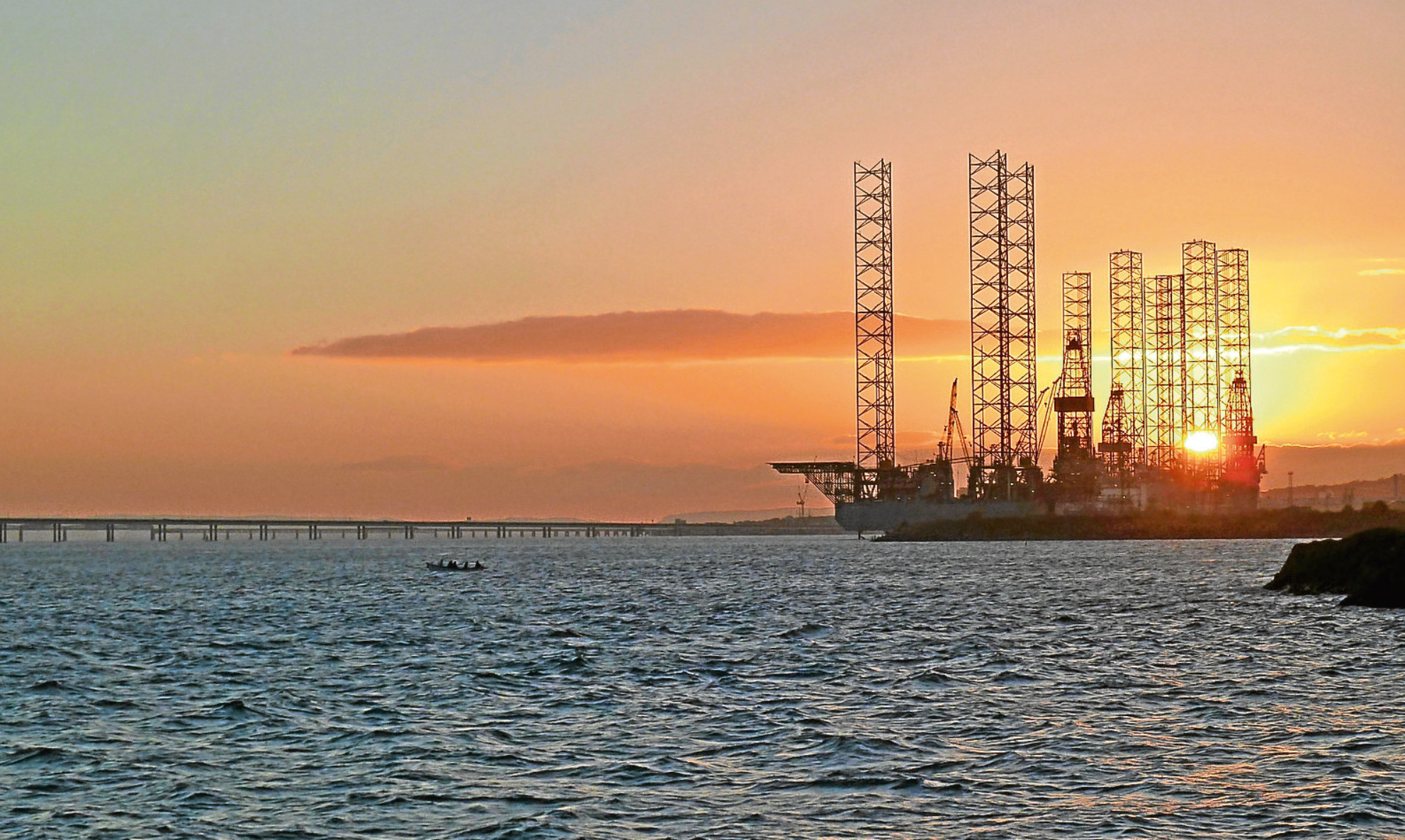I’d be prepared to bet a few quid that few people will remember the British singer Zoe.
But her most famous song – the 1990 pop classic Sunshine On a Rainy Day – popped into my head as I read through the findings of Aberdeen and Grampian Chamber of Commerce’s 25th Oil and Gas Survey.
The document is a handy barometer for the industry’s health– 130 companies gave their views for this edition – and over the years has charted the North Sea’s good and bad times.
We are currently in the latter cycle and the data shows the sector remains on the critical list.
Take exploration for example – just six new wells have been spudded on the UK Continental Shelf this year.
Yes, six.
Investment is down 40% on the levels seen just two years ago before the global oil price crashed.
And 120,000 jobs – both directly and in the extended industry supply chain – have gone in a puff of smoke.
Just think on that number for a second – that’s not far off the population of Dundee, or that of Perth, Inverness and Stirling combined.
Economic growth north of the border has been stunted and unemployment in Aberdeen City – Europe’s oil capital, remember – is now above the Scottish average.
That all adds up to a very rainy day indeed.
So where is the sunshine?
Well there are the odd rays keeking, albeit very softly, out through the clouds.
The oil price may still be low compared to the halcyon days of $110+ peaks of the summer of 2014, but the good news is that it has stabilised in recent months.
Around $50 seems to be the new benchmark and the influence of oil cartel OPEC on world supply and demand could push that figure higher.
I stress the word ‘could’ in that sentence given OPEC’s history of questionable decision making in times of crises.
But I believe,the real reason the survey found improving levels of optimism within the sector is the realisation the price downturn has forced a hand that needed to be forced.
The UK Continental Shelf is a mature basin which, over time, had naturally become bloated.
The North Sea had relaxed into a comfortable middle-aged spread.
Contractors were being paid too much, excess was evident (just take a look at the car dealerships in Aberdeen if you don’t believe me) and operating costs were beyond sensible levels.
The plunging oil price brought about a new reality.
Forced change is never easy and my sympathies lie with the tens of thousands of workers that have seen their livelihoods ripped away.
But the unintended consequence of the downturn is that the North Sea is becoming match fit again.
Survival instinct has brought a new focus on cost, on maximising economic recovery, on opportunities in decommissioning and in knowledge transfer.
Those are the bright lights shining through the gloom.
